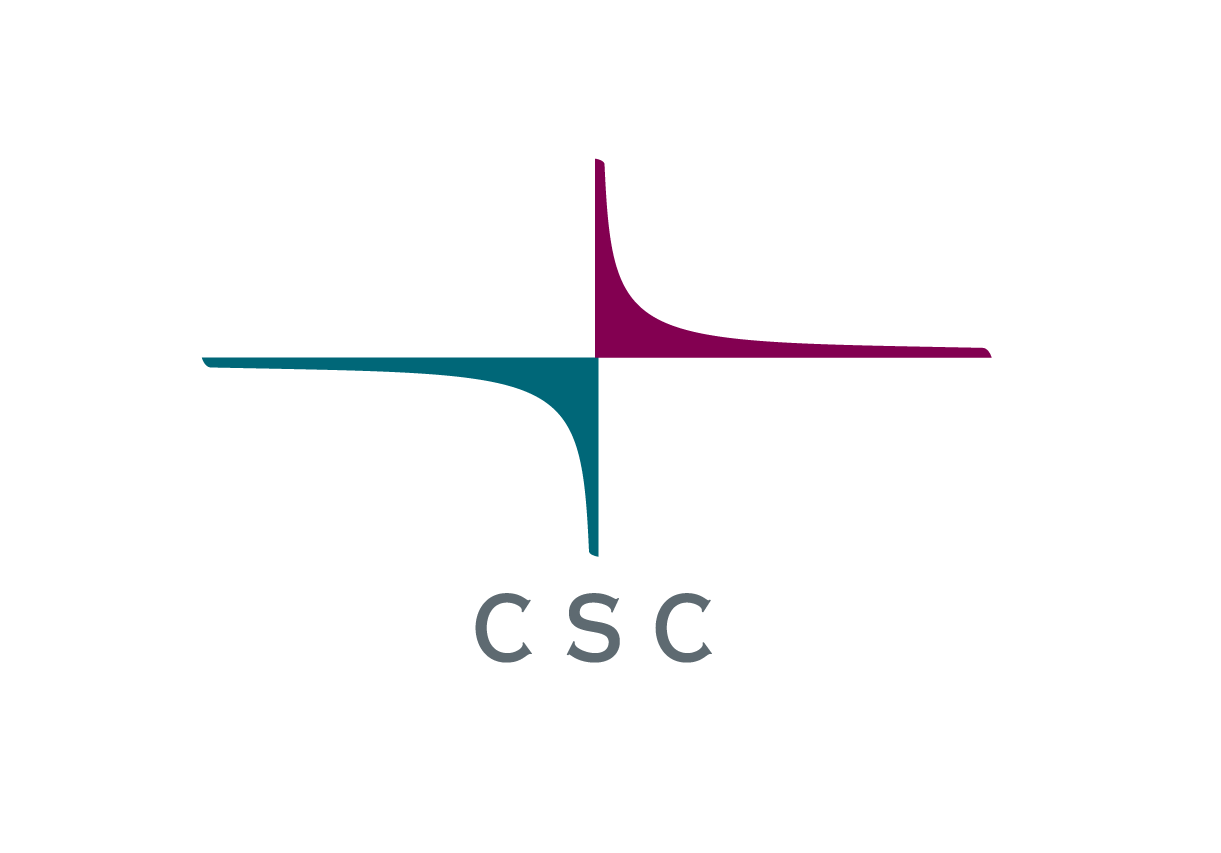The Schrödinger Maestro Materials Modelling Suite is a collection of tools accessible via one graphical user interface (GUI).
The first day of the workshop will focus on using the Schrödinger Maestro Suite for small molecule drug discovery. The second day will focus on materials science topics.
It is possible to participate on either of the days or both. The lectures will be given online via zoom. Hands-on exercises are best performed on a local installation on your own computer. Read here how to use Maestro at CSC.
Prior experience of Maestro is not strictly necessary although it will be useful. Access to introductory self learning material for getting started with the Drug Discovery Suite and Materials Suite will be provided for all registered participants. Completing those before the event will enable us to get started with the substance matter directly. Basic understanding of molecular modeling and quantum chemistry is useful.
Lectures and hand-on materials will be given by specialists from Schrödinger. There is no participation fee.
If you're currently affiliated outside Finland, but would like to make a research visit here to e.g. work with Maestro, check the travel funding provided by HPC-Europa3! The last day to file in an application is on 11th November.
Program
October 26th, 10-13 (EET): Drug Discovery
Part 1: Biologics modelling (10:00-11:30)
- Antibody Homology Modeling
- Protein-Protein Docking
- Protein Design/Mutagenesis
Antibodies have emerged in recent years as one of the major classes in protein-based therapeutic biologics. Despite successes in development through experiments, continued exploitation of antibodies relies on more efficient ways to design and optimize these molecules. Computational in silico technologies hold promise in advancing the field by providing faster and cheaper results.
In this workshop, participants will learn how reliable computational solutions can be applied during research and development to direct experimental efforts, with the aim of reducing costs and timelines.
Participants will have the opportunity to gain hands-on experience on typical rational design techniques such as antibody homology modeling, optimization and antibody-antigen interface prediction.
Part 2: Molecular Dynamics Simulations (11:30 to 13:00)
- MD Simulations of GPCRs
- Analysis of MD Trajectories
- Metadynamics Simulations
G Protein-coupled receptors (GPCRs) are membrane proteins that play a major role in modern therapeutics. This becomes apparent when considering the large number of FDA-approved drugs (one-third of small-molecules) and high percentage of drug candidates interacting directly with GPCRs. The increasing number of high quality receptor structures, further accelerated by advances in cryoEM, holds the promise to expand computational in silico technologies to GPCRs so far considered inaccessible for structure-based design.
In this workshop, participants will learn to run molecular dynamics (MD) simulations of membrane proteins effectively using best practices.
Participants will have the opportunity to gain hands-on experience on basic workflows which include how to build systems appropriate for MD, running MD and basic and advanced trajectory analysis tools. If time allows, the workshop will offer a basic introduction to metadynamics simulations.
October 27th, 10-13 (EET): Materials Science
Part 1: Polymer innovation with the Schrödinger Materials Science Suite (Laura, 10:00-11:30)
Polymeric materials have found widespread applications across a diverse range of industries. Typically, the performance of polymers depends on a multitude of parameters which makes traditional research approaches, relying on experiments solely, slow, inefficient, and prohibitively expensive. Molecular modelling approaches can significantly speed up the process of polymer discovery and characterization by filtering out unsuitable materials at an early stage and therefore reducing the number of experiments significantly.
In this workshop we will demonstrate how the Schrödinger Materials Science suite can be used to accelerate polymer innovation; in particular, we will discuss:
- Automated builders to create realistic structural models
- Sophisticated molecular dynamics workflows to obtain equilibrated polymer structures, analyze key properties, and investigate environmental effects, like moisture, on the polymer structure
- Intuitive analysis tools to visualize and interpret the results
Part 2: Surface Modeling with the Schrödinger Materials Science Suite (Simon and Leonie, 11:30-13:00)
Computing atomic-scale models of surfaces and interfaces with density functional theory (DFT) is a powerful way to address research questions in heterogeneous catalysis, thin film deposition (CVD, ALD etc), sensors, photovoltaics and batteries. This hands-on tutorial introduces the basic steps that are needed to set up such a surface model and compute the atomic and electronic structure with Quantum ESPRESSO. Rutile TiO2 is used as the sample substrate, and building a slab model is demonstrated for the bare (1 1 0) and (1 0 1) surfaces. DFT results are used to calculate the surface energy and thus assess convergence of the models. Adsorption onto the surface is then investigated using trimethylphosphine as the sample gas molecule, checking a variety of adsorption modes, and using DFT to compute the adsorption free energy as a function of temperature and pressure. This reveals how surface reactivity changes with experimental conditions.

